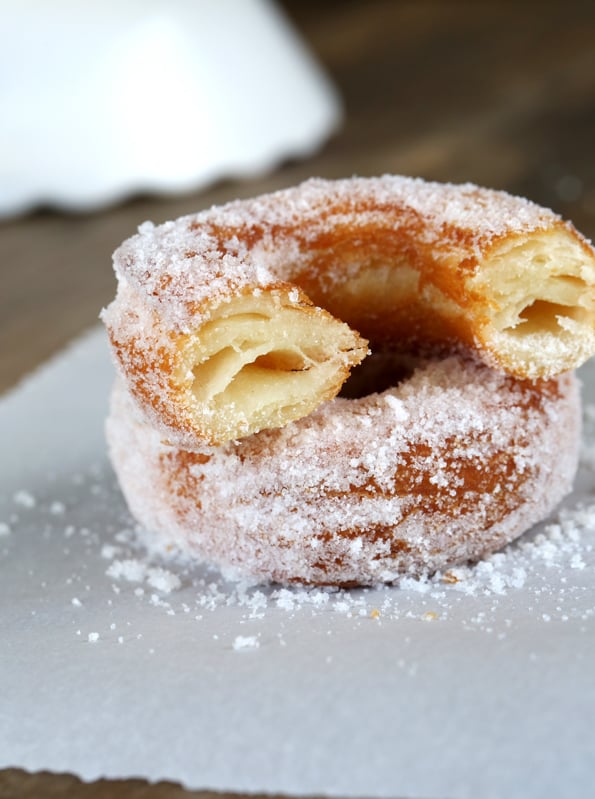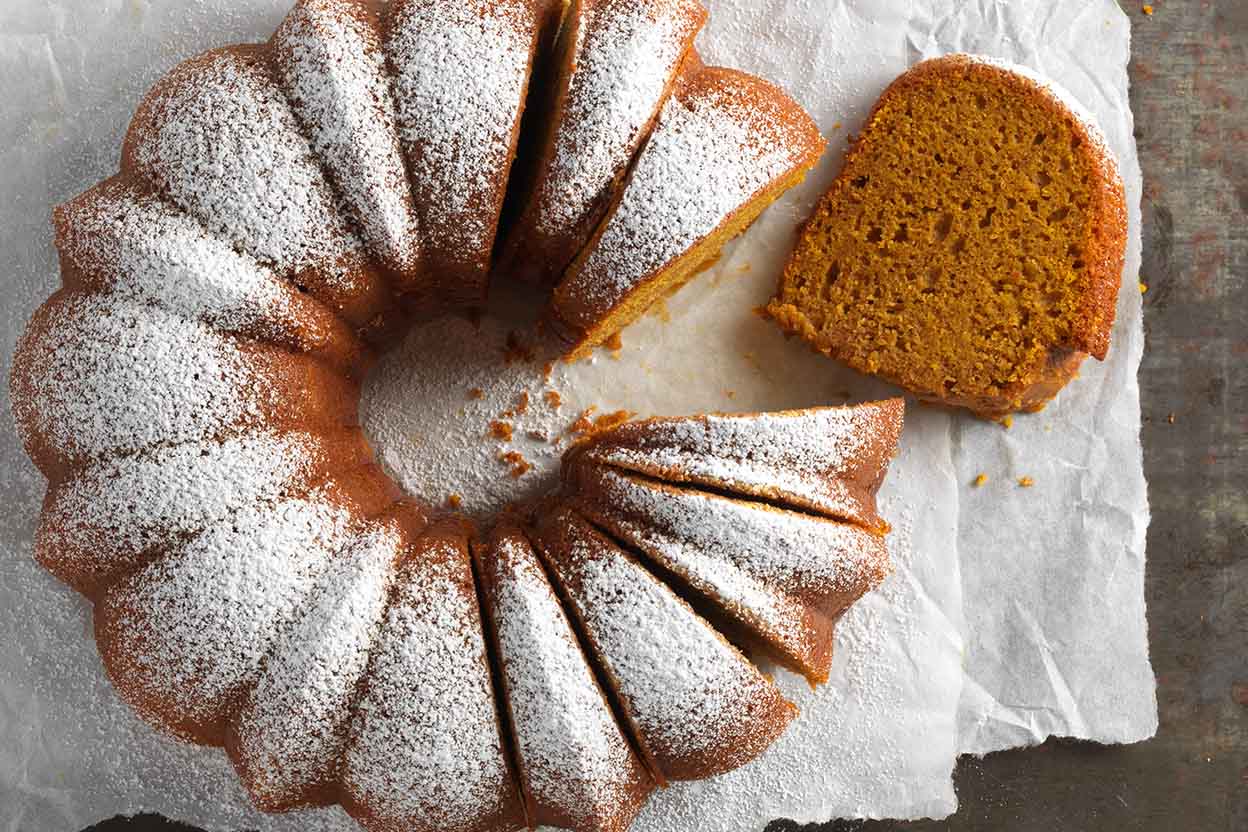Cake. Cupcakes. Cookies. Donuts. Crackers. Pasta. Bread. What do they all have in common? Gluten. That is, until Beth Hillson decided she did not want to settle for subpar food.
The Disease Behind Gluten-Free
 Celiac disease is an autoimmune disorder in which the ingestion of gluten causes serious damage to the small intestine. Gluten is a protein found in grains such as wheat and barley. These grains are commonly used in baking and cooking because of gluten’s ability to hold the rest of the ingredients together. Today, celiac affects around 1% of Americans, and 97% of people with the disease are undiagnosed.
Celiac disease is an autoimmune disorder in which the ingestion of gluten causes serious damage to the small intestine. Gluten is a protein found in grains such as wheat and barley. These grains are commonly used in baking and cooking because of gluten’s ability to hold the rest of the ingredients together. Today, celiac affects around 1% of Americans, and 97% of people with the disease are undiagnosed.
The Company
Gluten Free Pantry was founded in 1993 and is one of the first gluten free companies in the US. Its key founder, Beth Hillson is a professional chef, author, and president of the American Celiac Disease Alliance. She was diagnosed with celiac disease about 40 years ago. When Hillson was diagnosed, celiac/gluten intolerance was a lot less common/diagnosed, and there were very few food options for people who were gluten free. Using a creative process not so different from our “great minds,” Beth worked tirelessly and created things the world had never seen before. In 2005, Gluten Free Pantry joined with the Glutino company to expand their products.
 |
| Some of Glutino's products, after Gluten Free Pantry joined them |
So What Exactly can you Make Gluten Free?
 |
| G-Fronut |
Gluten Free Pantry started off creating award winning baking mixes. As the company expanded and eventually joined with Glutino, their products expanded to things like brownie mix, pancake mix, cornbread, and pie crust. In addition to the baking mixes, they started selling english muffins, a multitude of crackers, pretzels (of course some covered in chocolate), and many varieties of cookies. Of Beth’s creations, she is most proud of her “G-Fronut” (cronut) and “Winkee” (her version of the Twinkie). By substituting the typical wheat flour with various combinations of rice flour, potato starch, almond flour, oat flour, and other gluten free grains, Beth has proven that it is possible to make anything you set your mind to.
Beth’s Creative Process
| Beth Hillson |
Like Gardner points out in Chapter 2 of Creating Minds, Beth’s creativity is strongly correlated to her domain. Just as Einstein’s creativity is greatly attributed and appreciated to the state of physics in and around 1900, Beth’s innovations are seen as creative in the lens of the newly discovered gluten-free domain. Gardner believes that “an individual cannot be successful in the abstract.” A person’s creativity is tightly woven into the the circumstances of the world around them. This Impersonal level of creativity seems to be one of the most important drivers behind Beth’s success. Once she was diagnosed with celiac disease, she saw a world in which people like herself had very few food options. As celiac diagnoses became more common, Beth saw a large community with a want for better food options, and she found a way to fill that want.
Why it Matters to Me
As one of the 3 million Americans with celiac disease, having gluten free food options is very important to me. When I was first diagnosed, it was hard to make the transition to gluten free food. With resources like Beth’s cookbooks and magazines, I have been able to find joy in food again. Almost every restaurant I go to now has options for people who cannot have gluten, and they use the substitutions that Beth discovered while in culinary school. People with celiac disease all over the world have Beth Hillson and her creativity to thank for the basically unlimited options we now have in terms of food.
A Few of the Amazing Gluten-Free Baked Goods that Can Now be Made...
Sources...
Howard Gardner, Creating Minds, ISBN-13: 978-0465027743


Beth Hillson is an inspiring individual. I think that it interesting how she is able to put a gluten-free twist on foods that are traditionally not gluten-free. Also, her motivation to help people who suffer from celiac disease is admirable.
ReplyDelete